One of the most important historical realities for the Dissident Right to understand is that nations are made by outside pressure. What I mean by this is that a proto-nation is formed when a group of people, who may very well fight against each other, comes into contact with a people that are even more unlike them, which convinces them to unite against the new threat. This process can be seen in Irish history, for example.
At one time, there was not an “Irish” nation to speak of, but rather a group of squabbling chieftains. All that changed when a people, who were even more unlike them, emerged and came into (violent) contact with the Irish. This was mostly the English, but also the Vikings, and to a much lesser extent, the Romans came, the various Irish chieftains may not have had much in common with each other, at least at first glance, but soon they learned that they had far more in common with each other than they did with the other. And, eventually, a united Irish identity was formed.
Now, none of this, including the fact that nations are formed by external pressure rather that something innate, means that nations are imaginary or national distinctions are arbitrary. Diamonds, too, are formed by external pressure, but they exist and the distinction between them and coal, and even between certain types of diamonds, remains real. For there to be an “us,” there must also be a “them.” There is no “Irish nation” without different Irish tribes finding out how even more different non-Irish people were from them. This is also why the idea of a “human nation” makes no sense and will continue to make no sense unless something like War of the Worlds happens – for all the differences between me and African pagan, I am sure I would still have more in common with him than an xenomorph. However, until that day comes, those distinctions will remain very real and insurmountable enough to prevent us from forming a single national and global identity.
These same external pressures are helping to forge the idea of a united Dixian identity, the idea that Dixians are a distinct people from people who are not Dixians, and from that, a vibrant nationalist movement and eventually independence. This can be seen in two distinct phases.
The first phase is to convince Dixians that others are radically different from ourselves. From the American Revolution to the War of Northern Aggression, Southerners met more and more people who were unlike them and they knew it. We knew that we were different from American Indians, Mexicans, New England, etc. After the Counter-Revolution of 1877, Dixie was able to establish home rule and we knew then that we were different. But the North, now filled with global and colonial ambitions, had a fear that Dixie was going to become to them what Ireland was to the UK, a rebellious providence that would be a thorn in their side. Such a fear was made even more pronounced by the fact that Dixians were largely the best troops in the American Empire. In order to have global ambitions, they needed the fighting skills of the South. A deal was struck, in exchange for loyalty to the Empire, Dixians would largely be allowed to rule themselves and keep their identity, but this was to be regional rather than national, hence the tendency of Dixians, up until recently, to fly both the American and Confederate flags. The end result was that Southerners saw themselves largely as Americans but with a particular and proud regional identity, rather than as a different nation altogether (something that was further aided by the lack of large scale immigration as what happened in the North after 1870).
All this changed when the Yankees began to break home rule starting in 1948, a task largely completed by 1965. With that, Dixians began to get a sense of just how different they were from others and more nationalistic feelings were able to develop. This was further aided by something happening that Dixie had been largely able to avoid before, large scale immigration (read invasion). After home rule was broken, millions of people who were not Dixians – Mexicans, Ohioans, Indians, etc., poured into Dixie. And with that, Dixians found out how different they were from the other. This is why I think that a disproportional amount of Dixian nationalists come from states like Virginia, North Carolina, Georgia, and Florida, as those states have been particularly hard hit by immigration, while relatively fewer Dixian nationalists come from Alabama or Mississippi, despite these states having a reputation as being more hardcore, they have been less impacted by immigration.
Additionally, this does not mean that non-Whites will eventually force Whites to unite into a “pan-White nation.” I have seen what White Yankees have done to Virginia, North Carolina, and Georgia (just to name a few), these are not my people. If White Alabamians had moved to Virginia in the same number as the Yankee, I guarantee you they would not be tearing down Monument Avenue or promoting infanticide. Alabamians and (old) Virginians, while different in some ways, do have an overall similar culture. Old Virginians and Yankees do not.
The second phase of this process is to convince Dixians that they have more in common with each other than they do anyone else. In a sense, we cannot speak of a Dixie but rather of multiple “Dixies,” as the cultural difference between various parts of the South are very much real. But, at the end of the day, we can unite, especially in the face of an existential threat like we now face. I have lived in both the Deep South and the Upper South, and while doing so has convinced me of the differences between the two, I still know that I have more in common with someone from the Upper South than I do a Masshole or an Egyptian. Despite being in contact with non-Irish people for thousands of years, regional differences still remain in Ireland, even as the Irish are still a nation. So will it be for Dixie.
Ireland was made by contact with the non-Irish, especially the English. Spain was made by contact with Islam. Before then, these nations certainly had their internal differences, but the emergence of a far greater threat by a people, who were more unlike them than they were with each other, forged the idea that they were a genuine nation. Nations are formed by the fires of an external threat. For as long as a people cannot be broken, these fires make them stronger, just as fire makes iron stronger. For seven centuries Spain was under the yoke of Islam. The end result was a nation capable of conquering an empire that stretched from what is today California to Argentina. Centuries of British rule created an Irish population capable of rising, almost like clockwork, every fifty years or so. The differences between themselves and the English helped forge that spirit.
There is no doubt Dixie is being tested by fires now, we are constantly demonized and everything we love and value is under attack. However, those very same fires are forging a national identity, it is helping to show us that we are our own nation. And, through that stronger national identity lies a stronger nation.
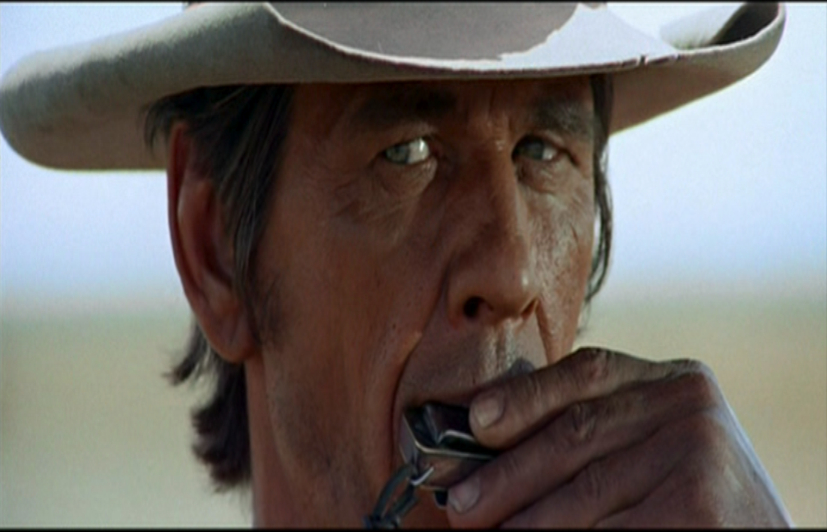

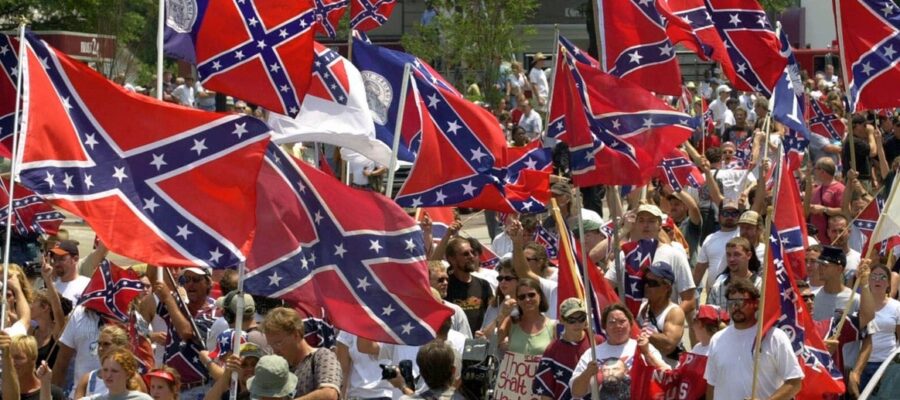
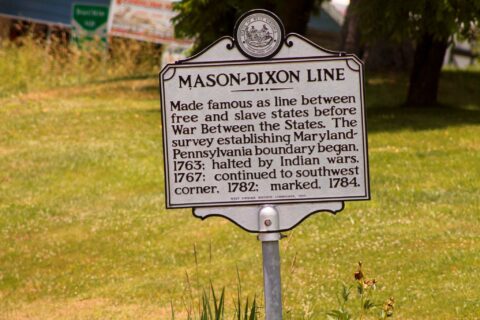
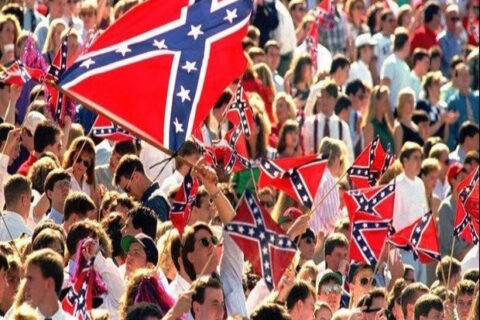

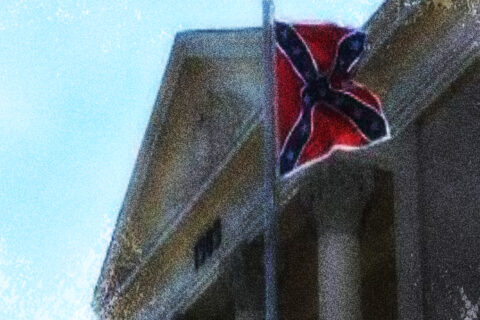
Bravo.
Incidentally, I too have lived in both Lowland and Highland Dixie, and the difference in culture is negligible in comparison to a Dixian/nonDixian dichotomy. No nation is 100% homogenous and no spoken language is 100% homogenous without dialectal variation.
The South won’t rise again the Anti-Christ is coming with the New World Order.
Worth a try anyway in case God boots satan and his suckpoops off our planet.
I once rode along with an NGO’s tour of Southern Appalachia. The left wing tour guide explained to the Yankees on the ride that the region in the Civil War was borderland and the population was extremely divided between Union and Confederate families. I knew that history. I’m from here. I have ancestors who fought for both sides. One of the Yankees asked the guide, “well, if that’s so, why do I see so very many Confederate flags? They’re everywhere.” And the tour guide, one of our own, though very left wing, said, “because you people mocked them as ignorant hillbillies until they realized they’re rebels.”
I personally was opposed to the use of Confederate flags except in private homes and the like until “they” came after the very word “Dixie.” When even Dolly Parton is abandoning us, yeah, it changed my attitude a LOT.
You are correct for most of this however racial antagonisms will always trump cultural or regional ones. As a South Carolinian, a White person from Mass will always be more apart of my group than a black(or any other racial other) living in my county. We will instantly identify with each other simply due to our physiology(aesthetics), and even if that person from Mass doesn’t like it he or she will be grouped into the White category. Our new Afghan neighbors do not recognize that my boyfriend is from NY, and 3rd gen Irish. We’re White, and they are not, and at the end of the day, cultural differences, and politics aside that is what matters.
I don’t see how I am so radically different to my yankee boyfriend that we are a different people, especially when Ahmed and Jamal are existing within the same community.
With this being said yankees have been politically and culturally damaging for the South for decades, and I don’t disagree that our regional differences are important and should be protected and cherished.